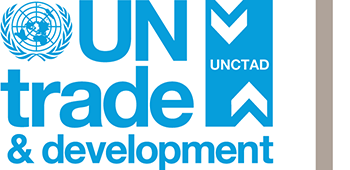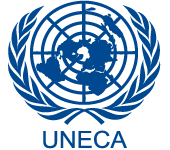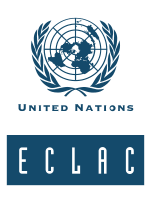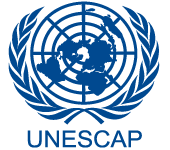Guided by the General Assembly resolution 74/270 on Global solidarity to fight the coronavirus disease 2019 (COVID-19), the Secretary-General’s report on Shared responsibility, global solidarity: Responding to the socio-economic impacts of COVID-19, as well as the UN framework for the immediate socio-economic response to COVID-19, UNCTAD has taken the lead in the "Response and Recovery: Mobilising financial resources for development in the time of Covid-19" project. Coordinated by the Debt and Development Finance Branch of UNCTAD and jointly implemented with ECA, ECLAC and ESCAP, this is one of the five DA short-term projects launched in response to the COVID-19 crisis, launched in March 2020.
The project aims to enable low-income and middle-income developing countries (LICs and MICs) from Africa, Asia-Pacific, and Latin America and the Caribbean to diagnose their macro-financial, fiscal, external financial and debt fragilities in the global context, and design appropriate and innovative policy responses to the COVID-19 pandemic leading toward recoveries aligned with the achievement of the Sustainable Development Goals (SDGs).
The LICs and MICs are takers of global economic and financial conditions, being generally unable to control or influence what happens on the global stage. But, with appropriate toolkits and associated analysis, they can be better enabled to understand and manage those conditions given their own financial and fiscal constraints, with improved insight and capability. The project is organised along three related and mutually supportive thematic clusters that address key macro-financial, fiscal, external financial and debt issues arising from the COVID-19 crisis, and will deliver a number of tools and policy analysis and recommendations with global scope or target to a specific region (Africa, Asia-Pacific, and Latin America and the Caribbean).
This web-based virtual knowledge platform with information on its outputs accessible by member countries, researchers and the public was launched in April 2021 and will form an ongoing legacy.
Link to the SDGs
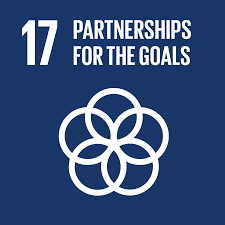
The project is primarily linked with the following targets of SDG 17 (Partnership for the goals):
- 17.1: Strengthen domestic resource mobilization, including through international support to developing countries, to improve domestic capacity for tax and other revenue collection.
- 17.3: Mobilize additional financial resources for developing countries from multiple sources
- 17.4: Assist developing countries in attaining long-term debt sustainability through coordinated policies aimed at fostering debt financing, debt relief and debt restructuring, as appropriate, and address the external debt of highly indebted poor countries to reduce debt distress
As a successful response to and recovery from the COVID-19 pandemic is required for attaining economic growth with decent work and simultaneously reducing inequalities, the project is secondarily linked to SDG 8 (Decent work and economic growth) and 10 (Reduced Inequalities). Moreover, since the achievement of SDG 8 increases fiscal revenues and governments’ capacity to scale up social policies and infrastructure investment without jeopardizing debt sustainability, the project could have spillovers on SDGs 1 (No poverty), 2 (Zero Hunger), 3 (Good Health and Well Being), 4 (Quality Education), 6 (Clean Water and Sanitation),7 (Affordable and Clean Energy), 9 (Industry, Innovation and Infrastructure), 11 (Sustainable cities and communities) and 13 (Climate Action).
